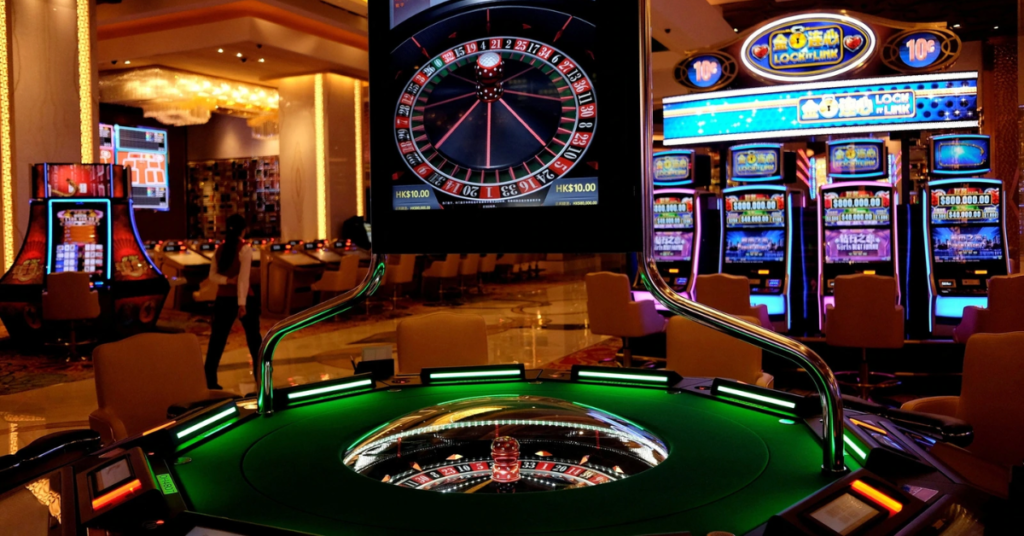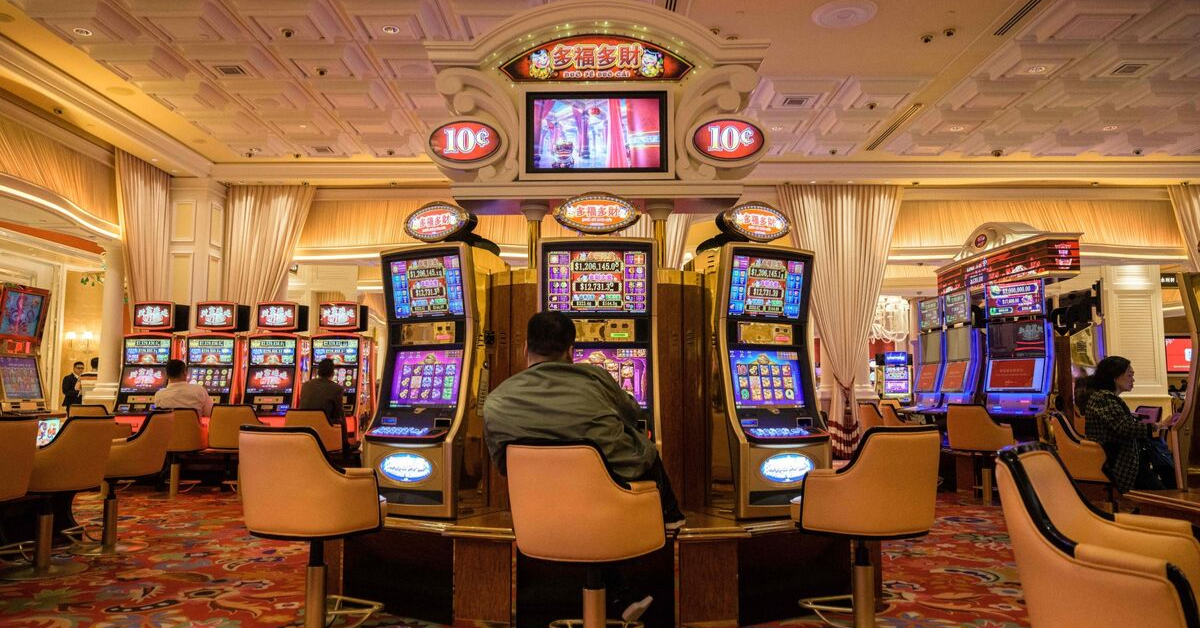The trade war between the United States and China is heating up again. After Donald Trump announced a 125% tariff on Chinese goods, China quickly hit back. Beijing didn’t hold back with its response—it added an 84% tariff on American products and started using TikTok to criticize and expose well-known U.S. brands.
Now, the situation may go one step further. China is reportedly considering a very bold move. If Trump follows through on plans to force the sale of TikTok and tries to gain control over ports in the Panama Canal that are currently operated by Chinese companies, China might respond by forcing the United States to sell its casinos in Macau. If this happens, it would hit American businesses hard, especially the three big casino companies that have been operating in Macau for years.
To understand why this is such a big deal, it’s important to know a bit about Macau. Macau is not just another city in China. It’s a special region, known officially as the Macau Special Administrative Region of the People’s Republic of China. It was once a Portuguese colony, controlled by Portugal from the 1500s until 1999. In December 1999, it was handed back to China.
However, Macau didn’t fully merge with China’s system. Instead, it continues to operate under a system called “one country, two systems.” This gives it more independence than other parts of China, especially when it comes to laws and business.
Because of this unique status, Macau is the only place in China where gambling is legal. It has become one of the most popular gambling destinations in the world, often referred to as “the Las Vegas of Asia.” People from all over the globe visit Macau every year to gamble and enjoy luxury hotels, casinos, and resorts. Its gambling industry brings in billions of dollars in revenue and plays a big role in Macau’s economy.
Three major American companies run casinos and resorts in Macau: Las Vegas Sands, MGM Resorts, and Wynn Resorts. These companies have made large investments in Macau and make a significant portion of their profits from the region. If China forces the U.S. to sell its casino assets, these companies could lose a lot of money.
Ben Lee, a well-known consultant in the gaming industry and founder of IGamix, said that China might be serious about this move. He explained that if China continues using the same tit-for-tat strategy it has shown in the past, the U.S. could be forced out of Macau’s casino business. That could mean selling the casinos to Chinese businesspeople or other local investors.

On the other hand, Nicholas Cheng, a managing director at CreditSights, said that nothing has officially happened yet. He believes that while the idea is being discussed, China has not made any public decisions. So for now, it’s more of a possibility than a reality.
But that doesn’t mean everything is safe. Even without forcing a sale, China could still introduce new rules that make it harder for American companies to do business in Macau. For example, China could limit how much money casino operators in Macau are allowed to send back to their parent companies in the United States. This could reduce the profits of American casino giants even if they’re allowed to stay and keep operating.
The situation highlights how political tensions between countries can affect many industries, including those that don’t seem directly related to trade. At first, the trade war between the U.S. and China mostly affected electronics, cars, and agricultural products. But now, it’s reaching into the casino and entertainment world, too.
Losing its hold on Macau’s casino industry would be a major financial blow for the United States. The three American companies mentioned earlier make billions in revenue from Macau every year. If they are forced to leave, that money could go to Chinese or other international companies instead.
From China’s point of view, kicking out U.S. businesses might be seen as a way to show strength and independence. However, it could also scare away other foreign investors who are thinking about doing business in China or Macau. They might worry that their investments could become targets if there are political disagreements in the future.
Right now, all eyes are on what happens next. Trump’s strong stance on tariffs and his actions toward Chinese tech companies like TikTok have clearly triggered a strong response from China. Whether China actually forces the sale of American casinos in Macau remains to be seen. But one thing is clear: the trade war is no longer just about goods—it’s now affecting jobs, companies, and industries on both sides.
As long as both countries keep trying to one-up each other, more businesses, big and small, could find themselves caught in the crossfire.
Disclaimer: This article has been meticulously fact-checked by our team to ensure accuracy and uphold transparency. We strive to deliver trustworthy and dependable content to our readers.








